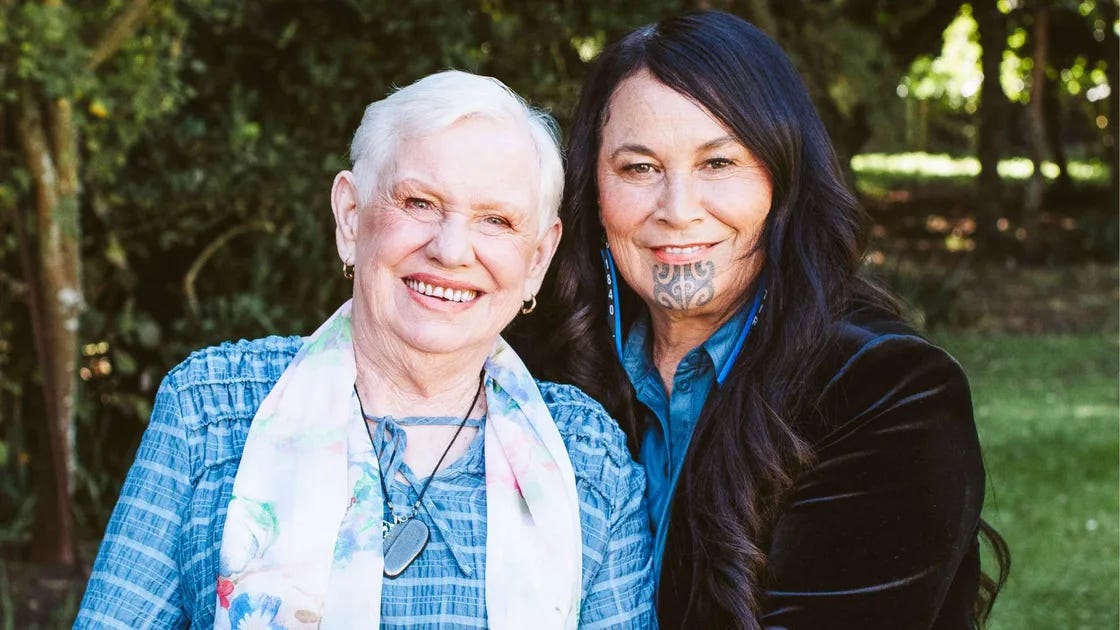Table of Contents
Matua Kahurangi
Protector of whakapapa. Hunter, fisher, kaitiaki of the whenua. Staunch supporter of the Treaty Principles Bill.
New Zealand – home of the long white cloud, where everyone loves to talk about equality until it’s inconvenient. As Māori, we’ve seen this play out time and again. Criticize the Crown? Bold and necessary. Celebrate a colonizer’s death? Revolutionary. But if someone on the other side says anything remotely critical? Cue the sirens and social media mobs.
Take Debbie Ngarewa-Packer, for example. She’s not shy about speaking her truth – or at least part of it. With her European ancestry with a small dash of Māori, she’s chosen a clear favourite: the part that doesn’t remind her of the great explorer, Captain James Cook.
This Valentine’s Day, instead of roses and chocolates, Debbie commemorated the anniversary of Captain Cook’s death in 1779. Forget mushy love notes – her Instagram post basically said, “Ding-dong, the colonizer’s dead!” She talked about how Cook spread disease and devastation across the Pacific, forgetting how her own whānau in gangs peddle meth throughout te motu.
Debbie hates the fact she was born with light skin and European features, probably why she got that horrible chin tat. Her moko kauae – what is meant to be a sacred symbol of identity and heritage – has been reduced to a ‘virtue-signaling barcode’ to try and make her look more Māori than she really is. Let’s be honest, if she was a coffee, she would be seven per cent espresso and 93 per cent milk – and she hates milk.

Let’s get something else straight. Māori MPs have every right to be loud. Colonization wasn’t a picnic, well, for for the Hawaiians who ate Cook it was... But here’s where things get tricky: If a Pākehā MP were to celebrate a historical Māori figure’s downfall – or heaven forbid, question anything about Māori customs like child abuse – they’d be dragged through the mud faster than Rawiri Waititi can finish a hangi – or a dozen macarons in Paris.
This double standard isn’t new. It’s part of a broader pattern where Māori are allowed to be angry, but any criticism directed the bro’s way is treated as a hate crime. And yes, there are definitely some folks who take advantage of this imbalance. Call it survival. Call it politics. Call it what you want – but it’s real. Welcome to New Zealand, where the rules of racism depend on who’s speaking and what side of history you’re standing on.
This article was originally published on the author’s Substack.









